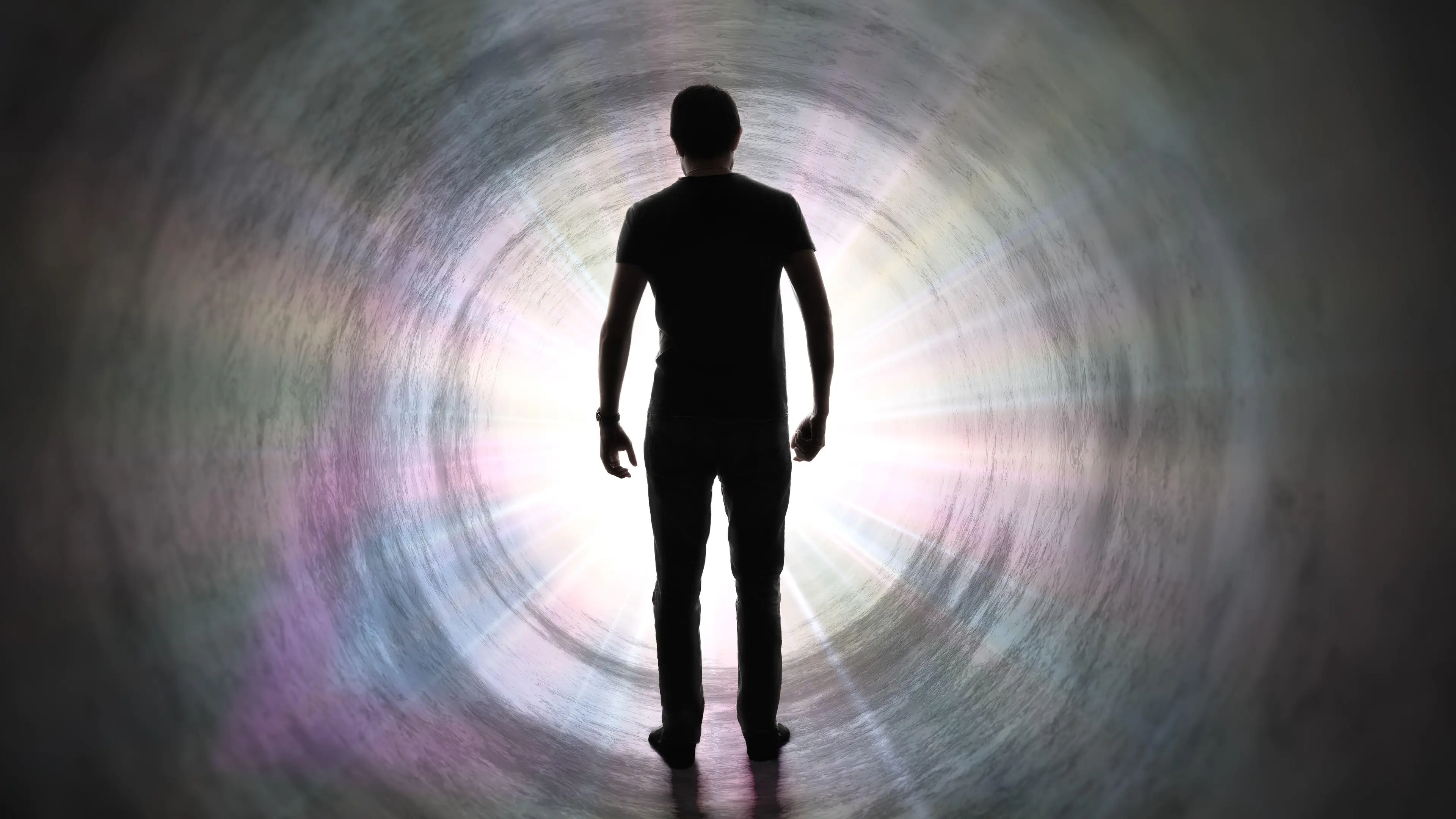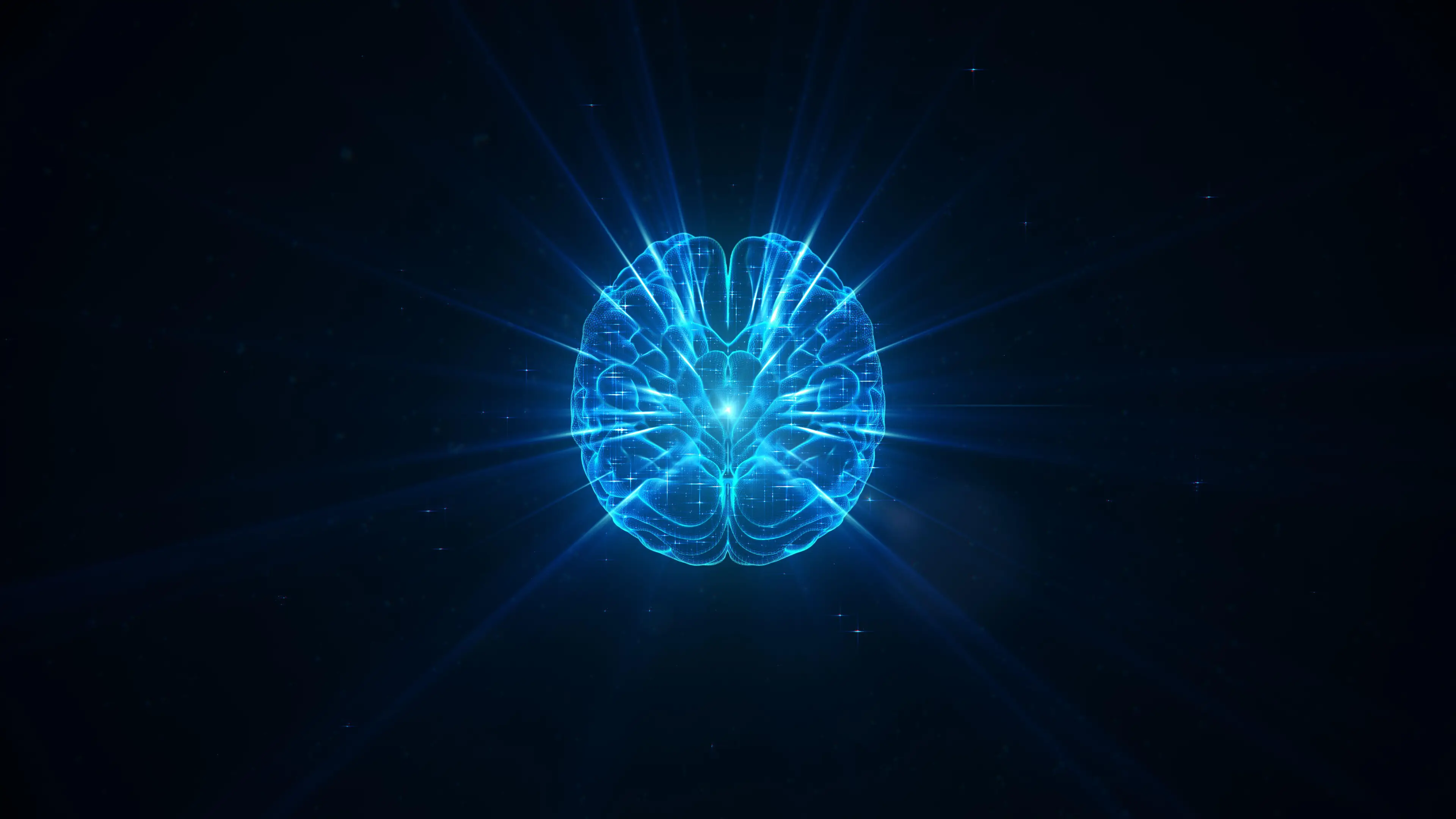
A scientist has spoken out about how they believe it is time to move on from the possibility of an afterlife, as the idea is simply 'beyond the realm of scientific probability'.
Sean Carroll is a cosmologist and physics professor at the California Institute of Technology, who has dedicated much of his time to studying the laws of physics.
Carroll’s conclusion on life after death is built on the understanding that ‘the laws of physics underlying everyday life are completely understood’, so everything occurs within the realms of this.
For there to be an afterlife, consciousness would need to be something that is entirely separated from our physical body, a possibility that the laws of physics deny.
Advert

For those of us who are not science boffins, consciousness can be understood in its most basic form as a series of atoms and electrons that essentially give us our mind as we know it.
And, according to Carroll, the laws of the universe do not allow these particles to continue to operate after we pass away.
Carroll wrote in the Scientific American: “Claims that some form of consciousness persists after our bodies die and decay into their constituent atoms face one huge, insuperable obstacle: the laws of physics underlying everyday life are completely understood, and there's no way within those laws to allow for the information stored in our brains to persist after we die.”
He continued: “If it's really nothing but atoms and the known forces, there is clearly no way for the soul to survive death.
“Believing in life after death, to put it mildly, requires physics beyond the Standard Model.”

Once this is accepted by all scientists, Dr Carroll said it is then they can truly begin to understand how the human mind operates.
He said: “There's no reason to be agnostic about ideas that are dramatically incompatible with everything we know about modern science.
“Once we get over any reluctance to face reality on this issue, we can get down to the much more interesting questions of how human beings and consciousness really work.”
Well, there you have it.
In further depressing news, scientists have made a potentially concerning discovery about Earth's core.
It could be cooling at faster rate than previously thought, which means time on our planet could be running out.
Without the possibility of life after death, the future is sounding rather bleak.
